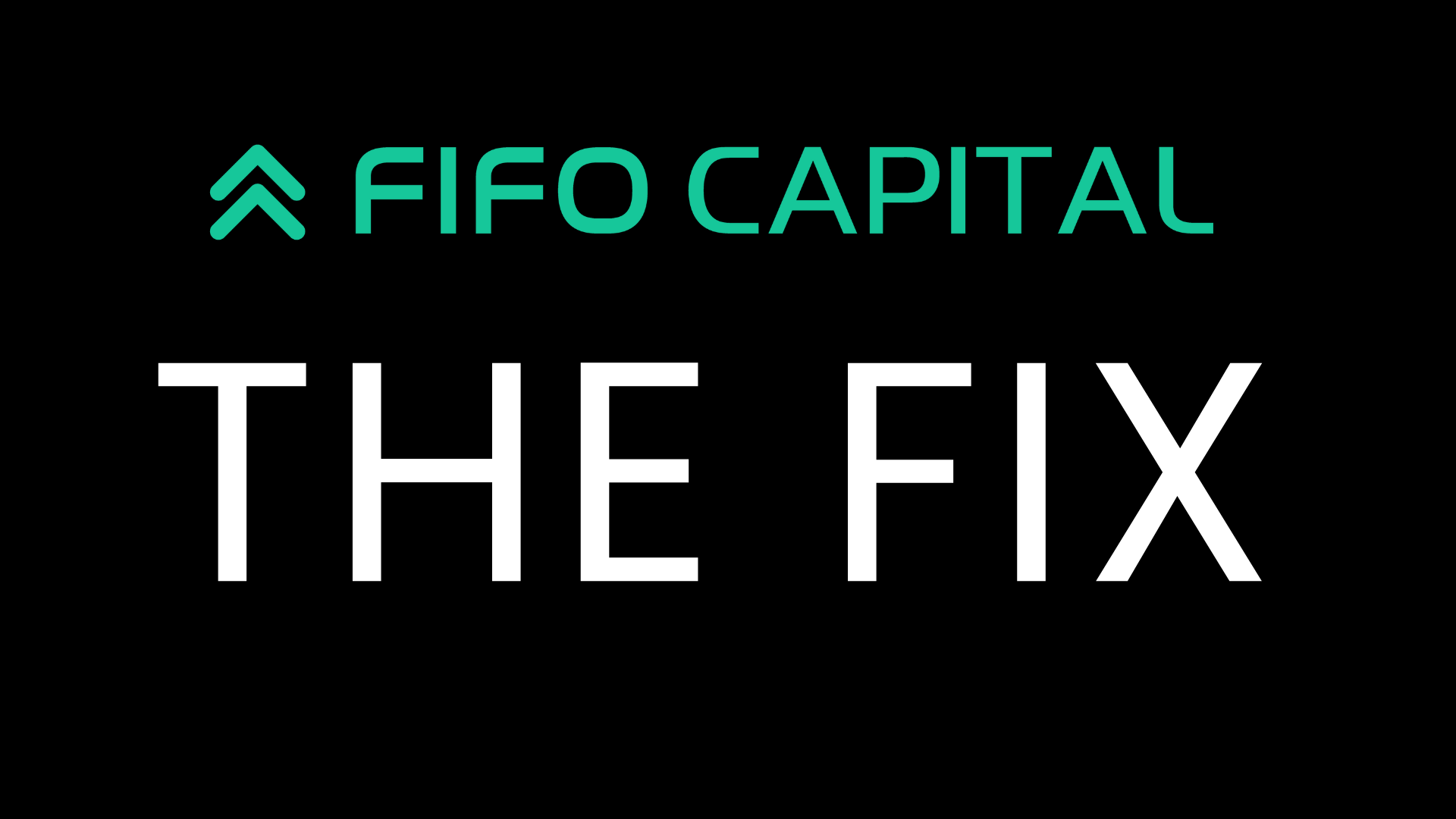Debtor finance, also known as invoice finance or factoring, has been around for centuries.
The concept of invoice financing can be traced back to the ancient Roman empire, where merchants would sell their invoices to financiers in exchange for immediate payment.
In the modern era, debtor finance became more widely used in the 20th century as a means for businesses to access working capital without taking on debt or diluting equity.
However, despite its long history and proven effectiveness, debtor finance is largely underused by businesses.
This is often due to a lack of understanding or awareness of the financing option, as well as a tendency for businesses to rely on traditional forms of financing such as bank loans or equity investment.
Benefits of debtor finance
One of the key benefits of debtor finance is that it allows businesses to access working capital without taking on additional debt.
This is particularly useful for businesses that may have limited borrowing capacity or a poor credit history.
Debtor finance is also typically easier to access and faster to obtain than other forms of financing, as it is based on the strength of a company’s invoices rather than its overall financial standing.
Another advantage of debtor finance is that it can provide a flexible source of funding that adjusts as a business grows or experiences changes in its financial needs. This can be especially useful for businesses that experience seasonal fluctuations in demand or have unpredictable cash flow patterns.

Debtor finance versus fixed-term loan
Debtor finance allows businesses to use their unpaid invoices as collateral in order to obtain funding. This means that the business can receive a cash advance on their outstanding invoices, which can then be used to fund day-to-day operations or for other purposes.
In contrast, a fixed-term business loan is a lump sum amount that’s tied to a fixed repayment period and interest rate. The loan is usually secured against tangible assets that the business owns.
This type of loan is typically used for long-term financing needs such as purchasing assets or expanding the business.
Repayments for the loan become new expenses that the business needs to be able to accommodate through its working capital.
More businesses are finding debtor finance to be a better option for their finance needs because it allows them to access their working capital more quickly and efficiently. And it provides funding without requiring the business to take on new debts.
And unlike a fixed-term loan, debtor finance does not typically require the business to put up any collateral, and the repayment period is flexible, as it is based on the payment of the outstanding invoices.

Better finance for uncertain times
Debtor finance is especially beneficial in times of economic uncertainty, such as during the COVID-19 pandemic. When businesses experience reduced demand and cash flow problems, it can make it difficult to obtain traditional financing.
Debtor finance allows these businesses to access their existing working capital and maintain their operations, even if their customers are experiencing delays in payment.
A key benefit of this type of finance is that it can provide businesses with a quick and flexible source of funding that can help them maintain their operations and navigate turbulent times.
And let’s face it, it doesn’t take a pandemic to cause friction in your business’ cash flow.
Many Australian SME businesses are increasingly turning to debtor finance and working capital solutions to better manage their cash flow.
In fact, the number of businesses making the switch rose by 10% in the last quarter of 2022 alone, according to the Reserve Bank of Australia.
In a 2022 report commissioned by Xero, it was found that late payments were costing Australian small businesses $1.1B each year.
So it’s no wonder that businesses are rediscovering the age-old form of finance. As it provides the perfect antidote to the uncertainties businesses experience in their day-to-day operations.
Takeaway
Overall, debtor finance is a powerful and underutilised form of business financing that can provide companies with the working capital they need to grow and thrive.
If you’re interested in finding out more about debtor finance and exploring this as a method to fund your business, get in touch.
At Fifo Capital, we specialise in helping SME and corporate businesses to improve their cash flow and their overall business, using their working capital.
Once you understand how to use working capital effectively, you can access a whole new level of potential benefits, discounts and security for your business and your supply chain.

Keep reading

Meet the Team: Interview with Eka Inall
We are excited to introduce Eka Inall, the newest member of the esteemed Fifo Capital operations team. Eka is a detail-oriented professional with extensive international experience. Her background includes expertise in exports, trading, sales, management, operations, and customer service leadership within agriculture, food, and finance sectors. With a proven track record, Eka excels in overseeing […]

Navigating a recession: Tips for protecting your business
A recession can be a daunting and uncertain time for businesses, especially for those who have not experienced one before. But by being proactive and taking steps to prepare and protect your business, you can increase your chances of weathering the storm and emerging stronger on the other side. In this article, we’ll provide practical […]

Cash is King: Unlocking SME Success
In a recent episode of the Fear and Greed business podcast, Sean Aylmer sat down with Wayne Morris, CEO of Fifo Capital, to discuss the challenges faced by small and medium-sized businesses (SMEs) in today’s economic climate. With rising interest rates, an increase in the minimum wage, a tight labour market, and ongoing supply chain […]

